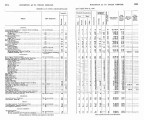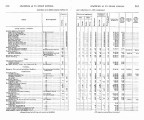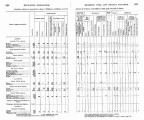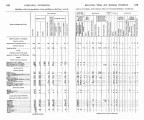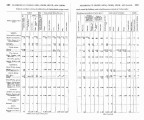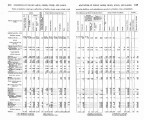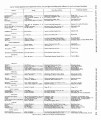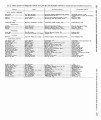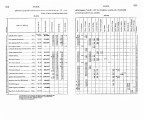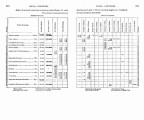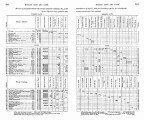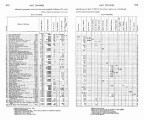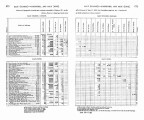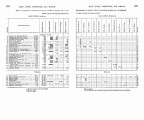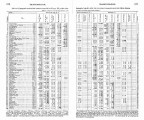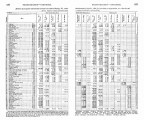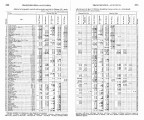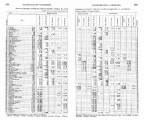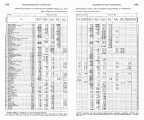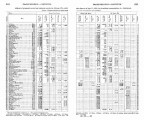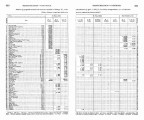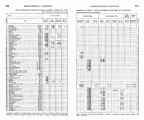| Title |
Annual Report of the Commissioner of Indian Affairs - 1896 |
| Subject |
Indian reservations; Federal government; Indians of North America; Indians of North America--Education; Courts; Allotment of land; Land use; Railroads; Timber; White people--Relations with Indians; Health; Annuities; Horses; Crime; Missionaries; Irrigation; Grazing; Alcohol; Livestock; Water rights; Natural resources; Education; Employment (Economic theory); Work; Treaties; Indigenous peoples--North America |
| Keywords |
Annual Report; Indian Agency; Reservations; Indian; White Relations; Land Rights; Allotment; Resources; Mining; Trade; Native Americans |
| Publisher |
Digitized by J. Willard Marriott Library, University of Utah |
| Tribe |
Ute |
| Language |
eng |
| Description |
Excerpts concerning Utah from the Annual Report of the Commissioner of Indian Affairs - Courtesy of the University of Wisconsin Digital Collections. The Commissioner of Indian Affairs discusses school enrollment and performance, employment through the various Indian agencies, land use and allotment distribution, and grants for the construction of railroads. The Uintah Ouray Agent Randlett describes progress in the realm of farming, the construction of canals and buildings, the success of certain Indian schools |
| Type |
Text |
| Coverage |
Uintah and Ouray Indian Reservation (Utah); Utah; Washington (D.C.) |
| Format |
application/pdf |
| Rights |
Digital Image © 2011 America West Center. All Rights Reserved |
| ARK |
ark:/87278/s6m64fzm |
| Creator |
Randlett, James; Browning, Daniel M. |
| Date |
1896 |
| Spatial Coverage |
Utah; Washington (D.C.) |
| Setname |
uaida_main |
| ID |
372498 |
| Reference URL |
https://collections.lib.utah.edu/ark:/87278/s6m64fzm |












































































































































